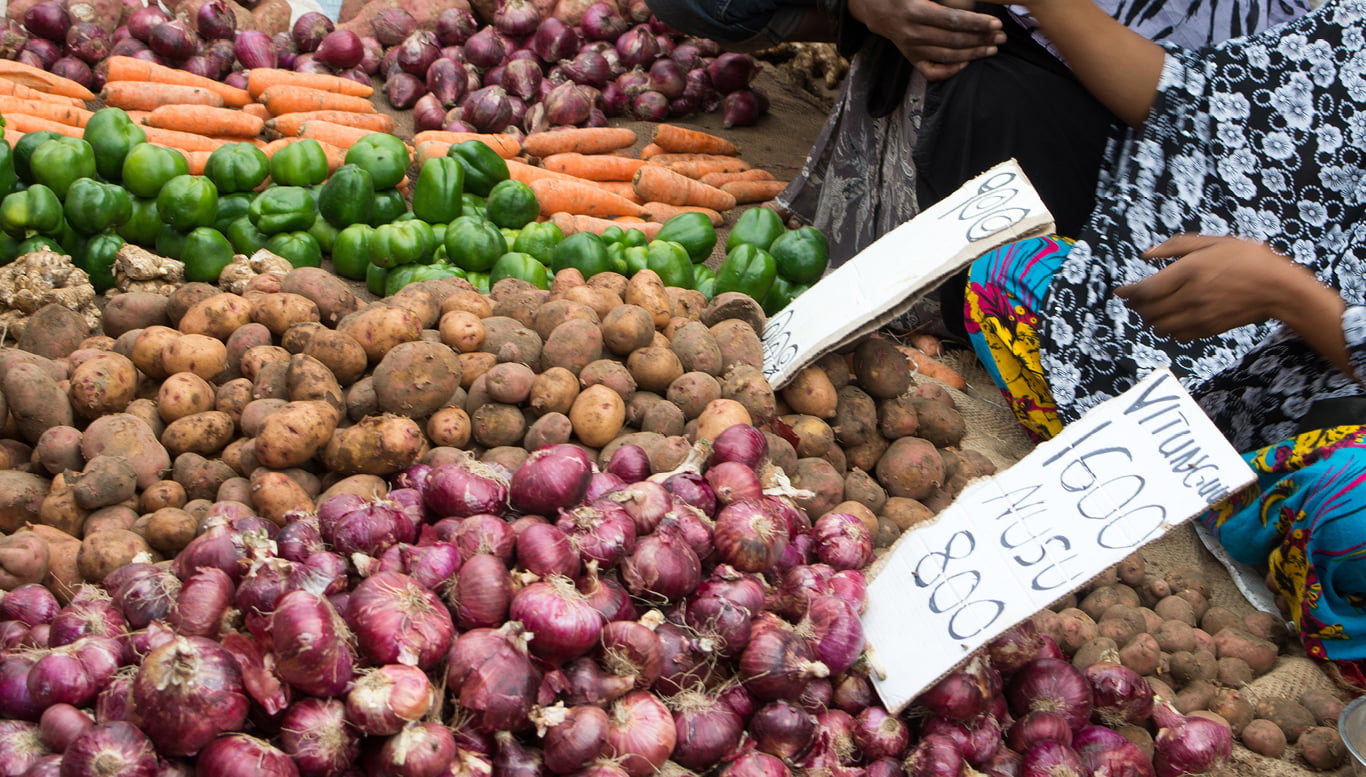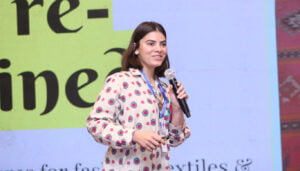Improving quality by improving primary production opportunities

Pisilä has been participating in various food production development projects for years. Originally, Pisilä’s companies went to Tanzania as part of the Ministry of Foreign Affair’s development co-operation project related to food security. After development co-operation was cut, Pisilä decided to continue working with the local farmers and entrepreneurs.
“In my experience, development begins at the point where the point of emphasis shifts from projects to processes and from project funding to a positive cash flow.”
The challenge and its business potential is clear: food consumption will increase as population grows, and increasingly dry land necessitates more efficient ways of producing food. The situation is exacerbated by serious agricultural waste: as crops ripen, a significant part of the stock is lost due to an under-developed storage chain.
“Potato’s characteristics makes it superior over rice or pasta. Farming potato requires a fraction of the water and field area required by its “competitors”, and its nutritional values are better.”
Pisilä believes that developing potato farming and the distribution chain can not only provide food for growing population, but also raise small farmers from poverty.
“In order to keep developing the ecosystem, all of its parts must support the entire structure.” Improving the quality of Tanzanian agricultural products requires lifting primary producers from poverty.
Pisilä’s strategy is to find a market for the products where they can fetch a decent price, allowing for their quality to be developed further. This way the primary producers have some breathing room.
Two co-operatives to be established early this year
According to Pisilä, there are two bottlenecks in Tanzanian potato production: production efficiency and quality, and distribution chain operations. The company has indeed previously sought business partnership support from Finnpartnership in order to determine how to develop these areas. Early this year, Pisilä will attempt to meet these challenges by establishing two co-ops on-site with Tanzanian partners.
One of the co-ops is focused on food-processing, storage and packaging. Tanzanians will be the majority stakeholders in the co-op. The other co-op, with Finnish majority stakeholders, will focus on value chain and retail operations, providing a channel for investors.
“This summer we will export the machine product chain to Tanzania, and establish a pilot farm. Our aim within these next few years is to reach reasonable profitability.”
Farmers will be assisted in developing their methods so that they can multiply their crops with their current workload. Storage and logistics chains will be built in order to minimise stock losses related to crop years.
Potato’s status is improved by promoting products that the urban middle class find attractive. Improving production efficiency will not only increase food production volumes, it will provide some of the poorest farmers in the world the opportunity to make a living.
Business partnership support helps entry into new markets
According to Pisilä, developing business in a new environment is not about giving and taking, but giving and receiving.
“I have seen dozens of times someone visiting Tanzania for a week or two promoting a project. The project will shine for a while, and then fade away. Understanding the ecosystem takes time, and you must also navigate the social environment,” Pisilä says.
“Practically this means that my company must, for example, participate in the development of a local school or chip in for the costs of a neighbour’s funeral. Business is not done by companies, but individuals.”
The business partnership support provided by Finnpartnership has been a key factor in the process of early-stage clarifications.
“The business partnership support provides SMEs with the opportunity to spend longer times in the target country and lay the groundwork for starting business operations. The support application process is also understandable and reasonable.
Pisilä does not find doing business in Tanzania particularly challenging.
“In Finland the focus is always on trivial details. In Tanzania you can get massive results with a small investment.” For example, wood processing in Tanzania offers tangible opportunities for Finnish entrepreneurs.
The competition would be welcomed as well. Pisilä’s companies participate in several co-operation projects, including a 100-million-euro project by the World Bank aiming to improve Tanzania’s food security.
“I am hoping this will be a catalytic process. We are not building a monopoly, but looking to inspire participation by other companies. The business partnership support is a good way to facilitate the expansion of SMEs into new markets.”
Text: Sini Suomalainen
For more information on the Perunamestarit Tanzanian project (in Finnish): http://newglobal.aalto.fi/ruokaturvaa-voi-parantaa-kannattavasti
Share on social media


